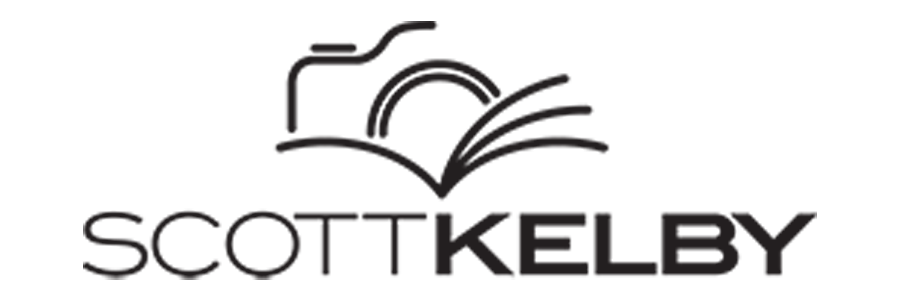It’s #TravelTuesday and I, Dave Williams, am here as always to bring you something from the photography world. This week I want to broach a subject that pops up constantly and one that we all see in photography business groups on social media and it’s ‘exposure’.
We often find ourselves being approached by friends and family in particular, but also by companies, asking us to work for free. The question won’t be phrased in such a way but more often than not it includes the term ‘exposure’ or eludes to the fact that the customer will share our social account to their audience, implying that they’re helping us. It’s a tricky ground to be on and I’ll start with this thought.
Maybe it will benefit us.
There’s a chance that it’s in our interest to do a job for free but the decision needs to come from us, not for the customer. If we’re approached to work for ‘exposure’ it’s important that we consider whether that exposure true has any value. Value can be referral to other methods of income and other clients, or it can be something to add to our resumé or blog. A prestigious client can be valuable to add to our resumé every now and then, but ‘exposure’ certainly doesn’t pay the bills by itself. So, what do we do if we really don’t want to take on the unpaid job being proposed to us? We have a few options: –
Firstly, we can say yes but add on the payment. Our response will look something like this:
“Thanks for considering me for this opportunity. I’m more than happy to show some samples from my portfolio to ensure we’re correctly matched. I cannot take on any extra work without payment right now, but I’m happy to work together.”
Or, if we want to step it up a gear, perhaps our response will look like this:
“Thank you for considering me for this project. Unfortunately, I’m unable to take on unpaid projects at the moment. If that changes in the future, I will get in touch with you.”
If we want to send out a hard ‘no’ in a polite and professional way, we can go with something like this:
“Thanks for thinking of me for this project, but I have too much on my plate right now”.
There are situations where you feel like a client is expecting you to work for free but they haven’t actually said that, in which case this may be a good response:
“That sounds like a great project! I’d love to discuss your specific needs in detail so I can send you a quote for it.”
Sometimes a client may have already paid for a particular service but they ask for more, and we can deal with it like this:
“Yes, I can help you with that. However, it is out of our original contract’s scope. I can do that for you within ‘X’ consulting hours at the same hourly rate as our original contract. Let me know if that works for you so I can put together the contract addendum.”
It’s always possible to politely and professionally respond to any request, no matter how outrageous, and it’s very important that we think carefully about any unpaid work we take on. As I mentioned, it can benefit us, but if it doesn’t benefit us it will merely burn us out and stand in the way of paid gigs. Ultimately, it’s ok to say “no”, and we have to consider everything when someone asks us to work for free. I hope that’s been a little useful to you!
Much love
Dave




